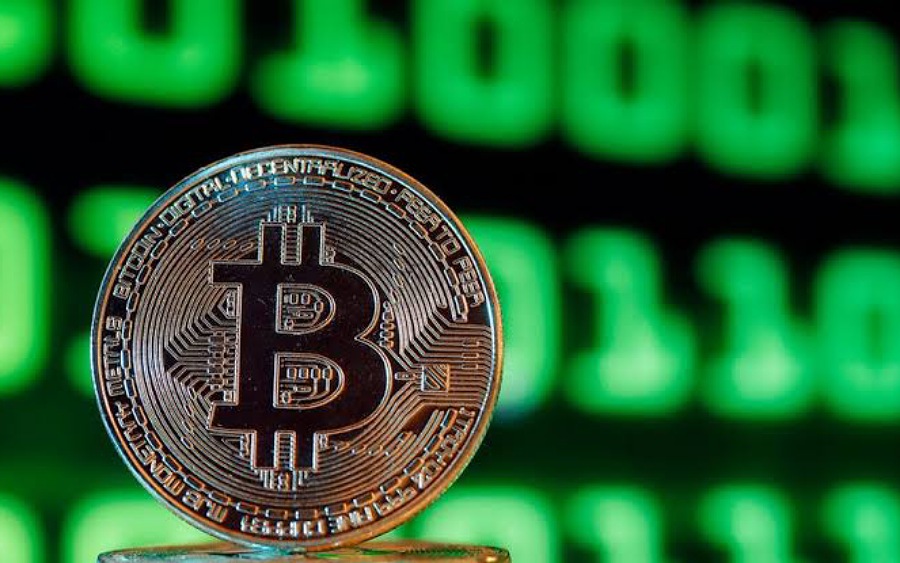Tuesday 23rd February 2021: The exchange rate between the Naira and the US Dollar closed at N408.6/$1 at the Investors and Exporters window.
Naira gained N1.4 against the US Dollar to close at N408.6 to a dollar at the NAFEX window, which represents a 0.34% gain compared to N410/$1 recorded on Monday.
Meanwhile, the exchange rate remained stable in the parallel market, as it closed at N480/$1 on Tuesday, the same as recorded on the previous trading day.
READ: Naira will “suffer further devaluation” – MTEF
Trading at the official NAFEX window
Naira appreciated against the US Dollar at the Investors and Exporters window on Tuesday, as it closed at N408.6/$1. This represents a 0.34% gain when compared to N410/$1 recorded a day earlier.
- The opening indicative rate closed at N409.5 to a dollar on Tuesday. This represents a N1.46 drop when compared to N409.5 to a dollar that was recorded the previous trading day on Monday, February 22, 2021.
- Also, an exchange rate of N429.75 to a dollar was the highest rate during intra-day trading before it closed at N408.6/$1. It also sold for as low as N388.75/$1 during intra-day trading.
- Forex turnover at the Investor and Exporters (I&E) window increased by 134.6% on Tuesday, February 23, 2021.
- According to the data tracked by Nairametrics from FMDQ, forex turnover increased from $52.58 million recorded on Monday, February 22, 2021, to $423.37 million on Tuesday, February 23, 2021.
- A cursory look at the data shows that Tuesday’s figure of $123.37 million is the highest turnover recorded since 14th January 2021, over a month ago.
READ: Nigeria’s external reserve drop by $261 million in 15 days, oil firms to sell forex to CBN
Cryptocurrency watch
The crypto market lost significantly today, Tuesday 23rd February 2021, as selling pressure pushed the value of crypto assets lower amid sudden panic among retail and institutional traders.
- Specifically, bitcoin lost about 13.14% to stand at $47,055 on Tuesday as at 8:11 pm, indicating a decline of over $7,000 in a single day.
- This extends a sharp withdrawal from a record high, that it hit on Sunday, although Bitcoin remains up about 75% year to date.
- Also, Ethereum dipped by 15.72%, while XRP recorded a 16.93% decline on Tuesday.
- Meanwhile, the Governor of the Central Bank of Nigeria (CBN) Godwin Emefiele appeared before the Senate on Tuesday to defend the ban placed on cryptocurrency transactions in the country.
- He briefed the national assembly on the opportunities and threats associated with cryptocurrency and how it affects the nation’s economy and security.
READ: Nigerian stocks record gains, investors gain N132.8 billion
Oil prices rise amid OPEC+ meeting in March
Brent crude oil price rose by 0.61% on Tuesday to close at $65.64 compared to $64.63 recorded on Monday 22nd February 2021.
- The price increase came after Goldman Sach forecasted that oil prices would climb around $70 per barrel in the second quarter of the year and $75 in Q3 2021. This is $10 above its previous forecasts.
- The bank also stated that consumption will return to pre-virus levels by late July, while output from major producers will remain “highly inelastic” to the rising prices.
- Meanwhile, Saudi Arabia and Russia are heading to the OPEC+ meeting next week with varying opinions on whether to add more supply to the market in April, which could shape the performance of the oil market.
- However, Brent closed at $65.47 (+0.35%), WTI closed at $61.74 (+0.06%), Bonny Light at $62.83 (+1.19%), OPEC Basket ($62), and Natural Gas closed at $2.882 (-2.4%).
Nigeria lost over $1.1 billion in external reserves position
Nigeria’s external reserve dipped by 0.41% on Monday 22nd of February 2021, to stand at $35.28 billion.
- This represents a decline of $145.9 million in foreign reserve, the highest single-day loss since April 2020.
- Nigeria’s external reserve position has now hit its lowest level in almost two months, losing over $1.1 billion in less than a month.
- This downturn has continued to persist despite bullish trends in the global crude oil market. However, Nigeria will need to boost its external reserve to hit $40 billion, as this will help meet some of the pent-up demand that has piled up as a result of the crash in global oil prices in 2020.






















